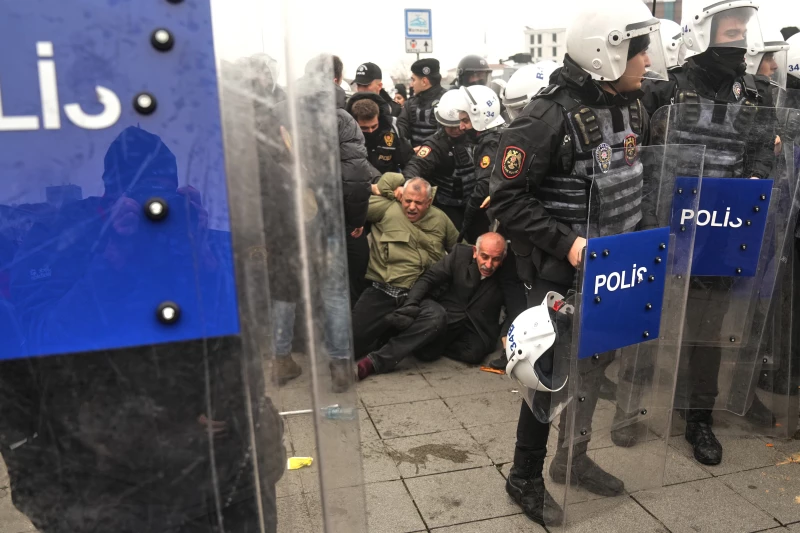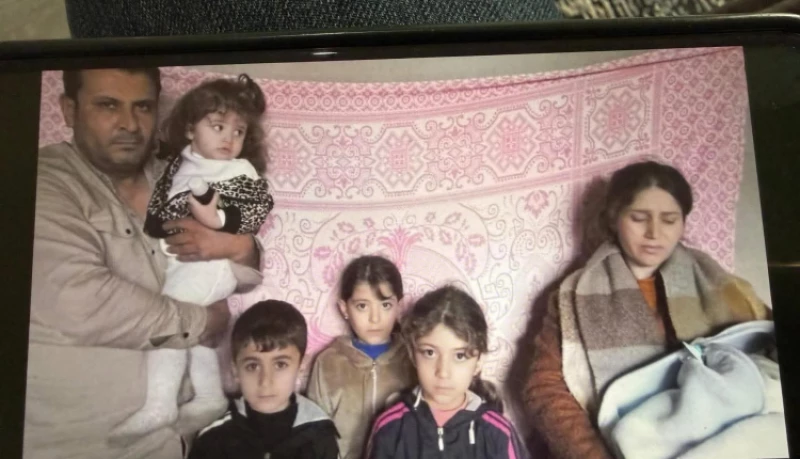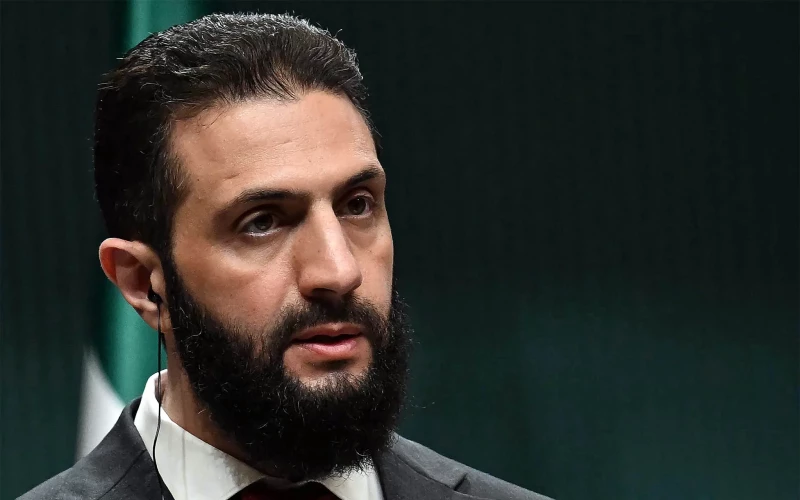ERBIL, Kurdistan Region of Iraq - Turkey said on Thursday that it would press on with military preparations in northern Syria against US-backed Syrian Democratic Forces (SDF) until they “disarm,” claiming that the Kurdish-led force is a security threat to Turkey.
"The threat posed by the terrorist organization to our borders and our operation areas in Syria continues,” according to the Turkish defense ministry.
The ministry added that until the Kurdish forces "disarm and its foreign fighters leave Syria,” their preparations will continue "within the scope of the fight against terrorism.”
Concerns have grown over a possible Turkish attack on Kurdish-led SDF forces in the town of Kobane.
The SDF considered the Kurdish de facto army in Syria and the US’ primary ally in the fight against the Islamic State (ISIS) in the country, controls the bulk of northeastern and eastern regions of Syria, amounting to a quarter of the country's territory.
Clashes have erupted between the Kurdish forces and Turkish-backed rebel groups in SDF-controlled areas since the start of the anti-government group’s campaign in late November, reportedly leading to the displacement of thousands of civilians.
The US has been working to mediate a ceasefire between the two sides. US State Department spokesperson Matthew Miller on Tuesday told reporters that they were able to negotiate a truce for Manbij, one of the main areas where the SDF and the Turkish-backed groups have been clashing, which extends through the end of the week.
However, the Turkish defense ministry dismissed the claims that they had struck a truce with the SDF due to a US mediation.
It was "out of the question for us to meet with any terrorist organization,” the Turkish defense ministry said, referring to the SDF.
On Wednesday, US Senators Chris Van Hollen of the Democratic Party and Lindsey Graham of the Republican Party released a joint statement announcing their intent to introduce sanctions legislation against Turkey if Ankara does not cease its operations against Kurdish-led forces in Syria.
The semi-autonomous Kurdish enclave in Syria, known as Rojava, is protected by local police, the People’s Protection Units (YPG), and the Women’s Protection Units (YPJ), which later became part of the multi-ethnic and multi-religious SDF.
Turkey considers the YPG, which is the backbone of the SDF, as inextricably linked to the Kurdistan Workers' Party (PKK), however, the YPG insists that they merely subscribe to a similar ideology.
“If Turkey doesn’t immediately accept these terms, we intend to introduce bipartisan sanctions legislation this week, similar to the bill we jointly introduced in 2019,” the senators added.
SDF chief Mazloum Abdi on Tuesday said they are ready to propose the establishment of a “demilitarized zone” in Kobani, with the redeployment of security forces under US supervision, to address Turkey’s security concerns and “ensure permanent stability in the region.”

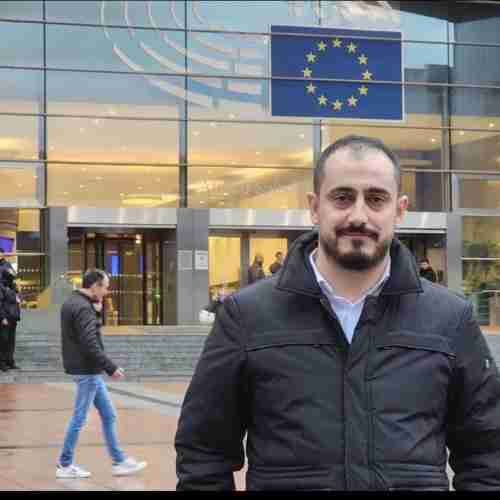
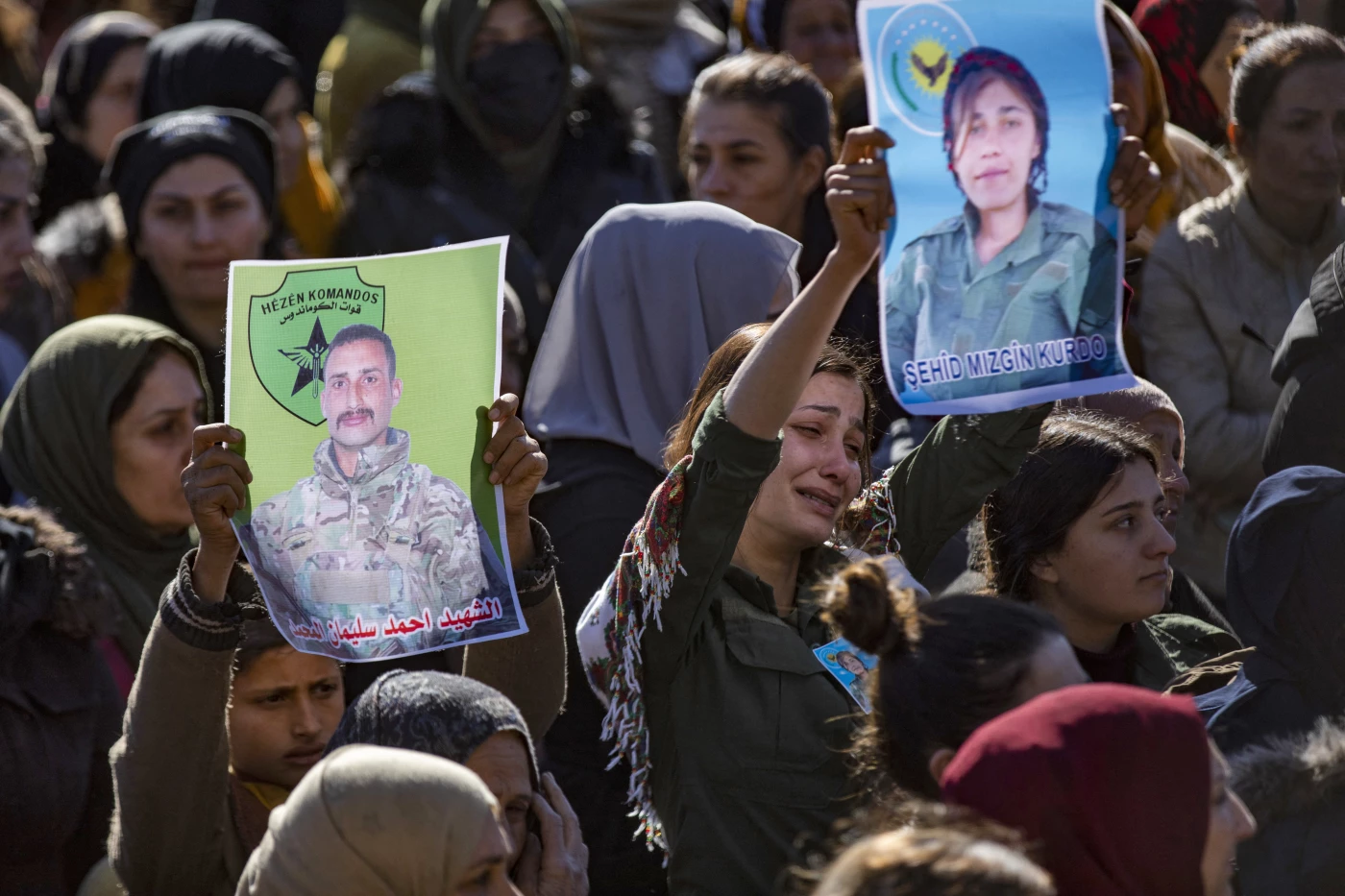
 Facebook
Facebook
 LinkedIn
LinkedIn
 Telegram
Telegram
 X
X
